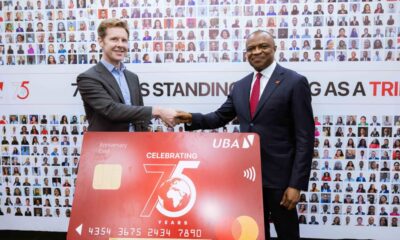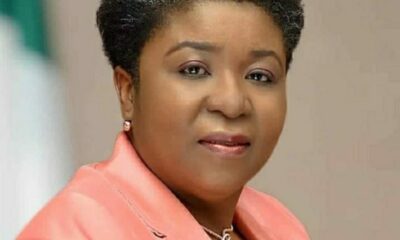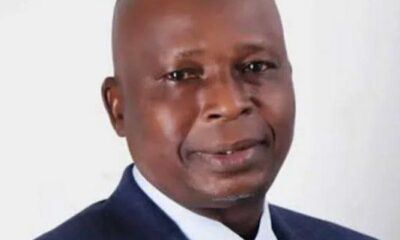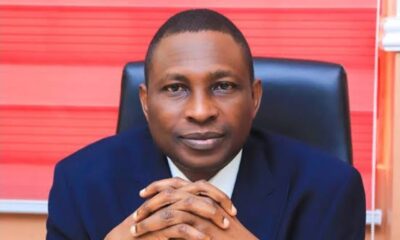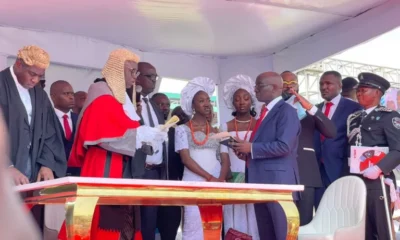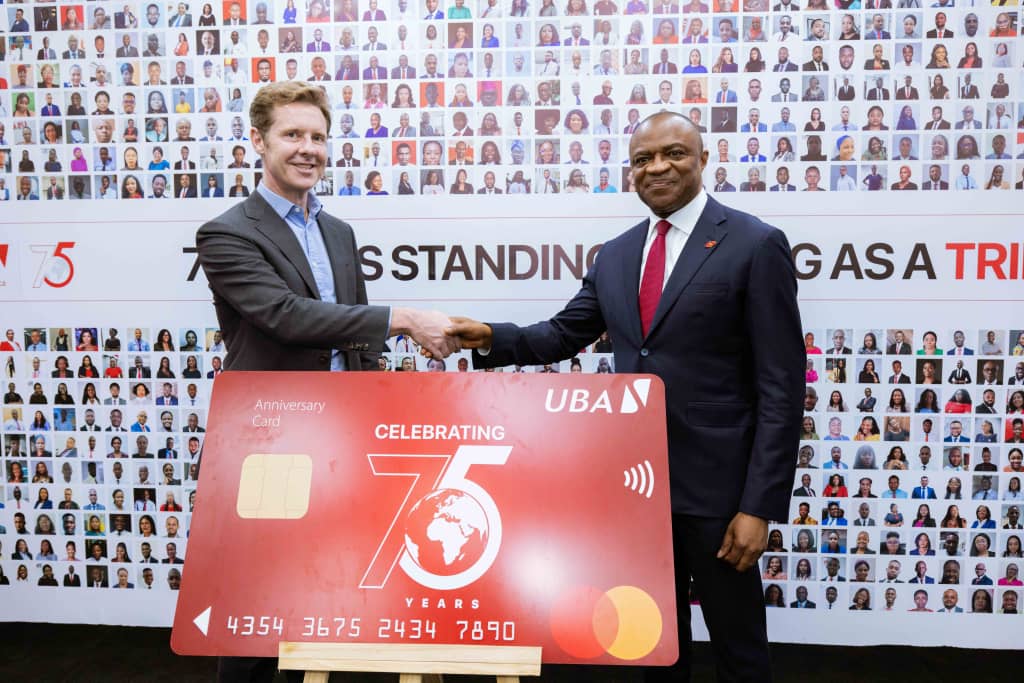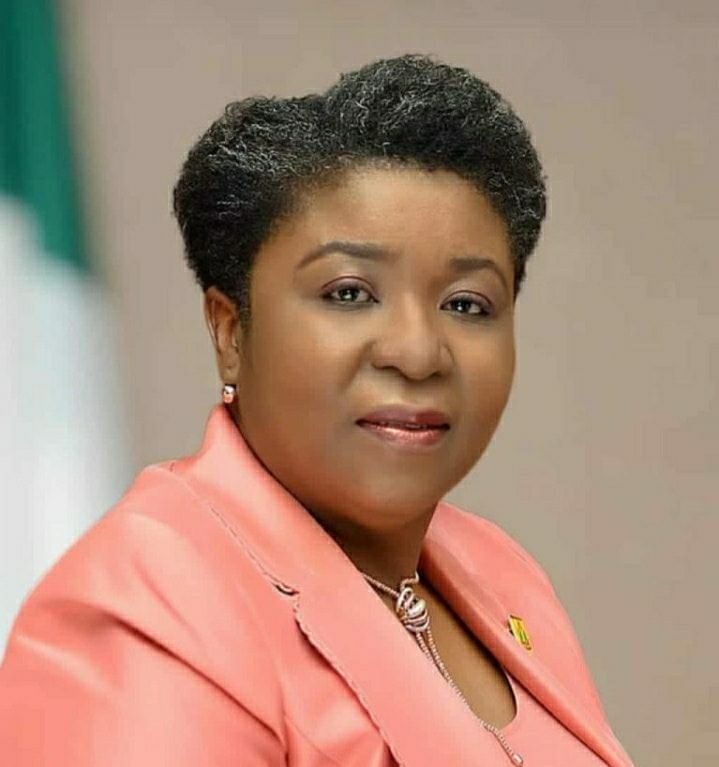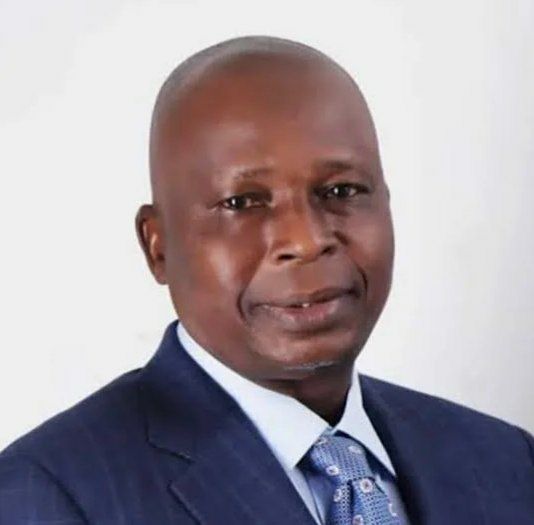The Committee on Local Government Autonomy, set up by the Federal Government, has concluded its meetings and signed the technical document, which is expected to be transmitted to President Bola Tinubu soon.
The National President of the National Union of Local Government Employees (NULGE), Hakeem Ambali, made this known in an interview (with The PUNCH) on Tuesday.
In May, the Federal Government, represented by the Attorney-General of the Federation and Minister of Justice, Lateef Fagbemi, filed a lawsuit to challenge the governors’ authority to receive and withhold federal allocations meant for Local Government Areas (LGAs).
The suit sought to prevent state governors from unilaterally dissolving democratically elected local government councils and establishing caretaker committees.
The AGF argued that the constitution mandated a democratically elected local government system and did not allow alternative governance structures.
On July 11, 2024, the Supreme Court gave a landmark judgment affirming the financial autonomy of the 774 LGs in the country, noting that governors could no longer control funds meant for the councils.
The seven-member Supreme Court panel, led by Justice Garba Lawal, ruled that it was illegal and unconstitutional for governors to manage and withhold LG funds.
The apex court also directed the Accountant-General of the Federation to pay LG allocations directly to their accounts, as it declared the non-remittance of funds by the 36 states unconstitutional.
Also, on August 20, the Federal Government instituted a 10-member inter-ministerial committee to implement the Supreme Court’s ruling on local government autonomy.
The committee members include the Minister of Finance & Coordinating Minister of the Economy, Wale Edun; Attorney-General of the Federation & Minister of Justice, Lateef Fagbemi SAN; Minister of Budget & Economic Planning, Abubakar Bagudu; Accountant-General of the Federation, Oluwatoyin Madein; and the Governor of the Central Bank of Nigeria, Olayemi Cardoso.
Others are the Permanent Secretary, Federal Ministry of Finance, Mrs Lydia Jafiya; the Chairman, Revenue Mobilisation Allocation & Fiscal Commission, Mohammed Shehu; and representatives of state governors and the local governments.
The committee’s primary goal is to ensure that local governments are granted full autonomy, allowing them to function effectively without interference from state governments.
Speaking to our correspondent on Tuesday, Ambali said, “The committee has held its final meeting and we have signed the technical document which will be transmitted to Mr President so by November end. It is expected that states will receive their allocations from FAAC. Also, I can tell you that the President is eager to receive that document. The committee worked within the time frame that was provided.”
Meanwhile, the National Union of Teachers (NUT) has expressed fears about the capacity of LGs to pay the N70,000 new minimum wage to primary school teachers.
The NUT’s apprehension is based on the failure of the councils to implement the former N30,000 minimum wage.
Findings by our correspondent show that some LG workers in Nasarawa, Enugu, Zamfara, Borno, Yobe, and Kogi states, among others, have remained on the N18,000 minimum wage, which was approved in 2011.
However, the inability of the councils to implement the minimum wage has been blamed on the failure of the government to fully implement LG autonomy.
Data obtained from the NUT revealed that teachers in LG primary schools were not paid the former minimum wage.
In Enugu State, for instance, LG workers were exempted from benefiting from the minimum wage, even though state workers enjoyed the salary.
Also, Abia, Adamawa, Bauchi, Nasarawa, Kogi, Sokoto, Taraba, Yobe, Zamfara, Imo, and Gombe States did not implement the old minimum wage for teachers at both state and local levels.
Confirming this, the General Secretary of the National Union of Teachers, Dr. Mike Ene, said, “I can tell you that some states didn’t even implement the N18,000 minimum wage for teachers at the local level. Some governors refused to pay, stating that the teachers are under the employment of the local governments.
“There should be no form of segregation when it comes to the implementation of the minimum wage. We all go to the same market. There is no specific market for local government workers. However, we commend all the governors who have come out to say that the minimum wage will be implemented across the board.
“Also, the NLC has vowed to shake the country by December should state governments fail to implement the minimum wage, so I can tell you that the move by the NLC will force things into play.”
But NULGE president Ambali assured that the minimum wage would be implemented across the board when the LG autonomy commences.
“Over the years, governors have had one excuse, and that is the fact that they always claimed that LGs are autonomous so they can’t negotiate minimum wage on behalf of LG workers. But the truth is that LGs were never autonomous during those periods.
“However, during the negotiation of the new minimum wage, the President brought in representatives of ALGON (Association of Local Governments of Nigeria) to also negotiate, and with the LG autonomy coming into play, that will be settled. The NLC has also given an ultimatum of December for all states as regards the payment of the minimum wage,” he added.
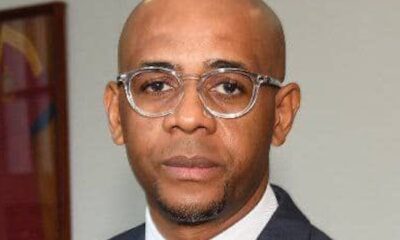
 BIG STORY4 days ago
BIG STORY4 days ago
 BIG STORY4 days ago
BIG STORY4 days ago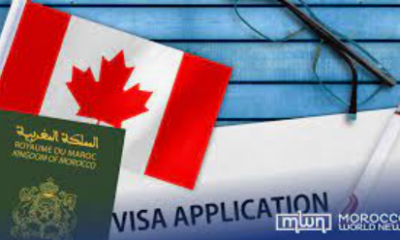
 BIG STORY4 days ago
BIG STORY4 days ago
 BIG STORY3 days ago
BIG STORY3 days ago
 BIG STORY2 days ago
BIG STORY2 days ago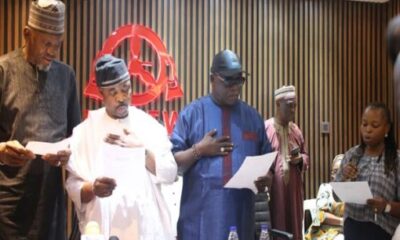
 BIG STORY3 days ago
BIG STORY3 days ago
 BIG STORY2 days ago
BIG STORY2 days ago
 BIG STORY2 days ago
BIG STORY2 days ago







